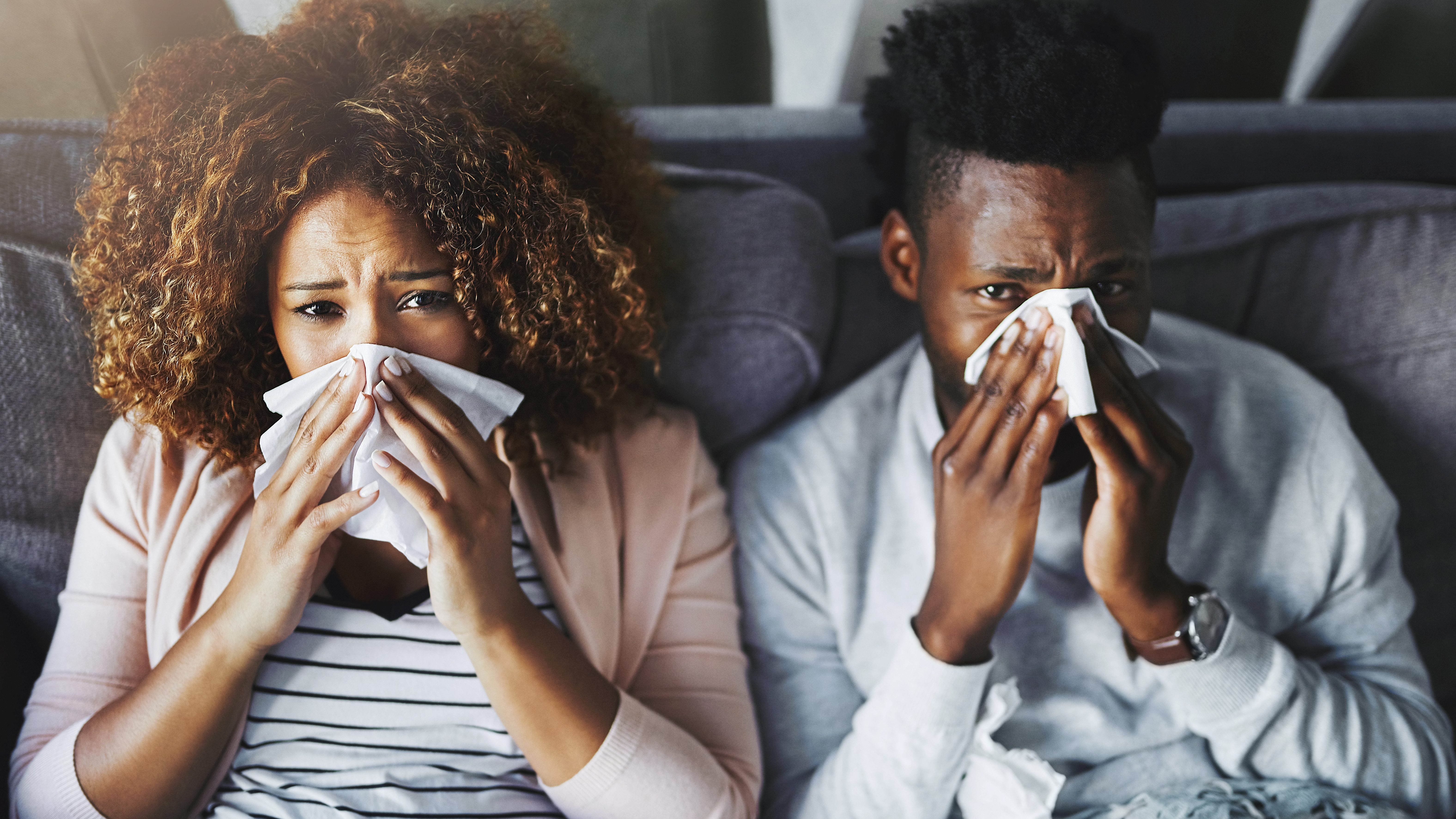COVID, RSV and the flu are on the rise. Here’s what you need to know
Understand the various viruses health officials are currently warning against and the vaccines that can help prevent infection.
Since the middle of the last century, annual flu shots have increasingly become customary for many. However, with COVID-19 once again surging and respiratory syncytial virus (RSV) also making its way through the country, health officials are suggesting individuals consider two more annual shots.
The idea of three annual vaccines may be overwhelming for some, but health officials hope a widescale adoption of regular immunization can further prevent mass outbreaks. That being said, it can be challenging to understand the difference between booster shots and full-on vaccines — or to understand if and when all are needed for everyone eligible to receive.

In the explainer below, find answers to all that and more, including which viruses are currently a threat, what vaccines are recommended, and when you should get them.
What’s happening with COVID-19, the flu and RSV?
COVID-19 is on the rise again, and though experts can’t say for sure, many are predicting its continued surge this fall, along with the flu and RSV. Initial reporting surmised the late summer uptick in COVID-19 was due to heat waves driving many indoors. On Monday, reports emerged linking the uptick to a new variant, dubbed Eris.
Last winter, RSV, which can present similarly to both the flu and COVID-19, surged and lasted longer than usual. The flu also saw high numbers of infections last flu and cold season. With all three respiratory illnesses pushing high numbers of infections, health officials have dubbed it a “tripledemic.”
Who is at risk?
The short answer is everyone. Those who are immunocompromised, young children, and older adults should take particular caution with all three viruses. While it’s true that older adults and children should take extra special caution with RSV, young adults can also contract and spread the virus and become seriously ill.
Do you really need a vaccination for all three viruses?
The advice on this is slightly mixed, but overall, if you can, you should. New COVID-19 vaccines are due this fall, tailored to the latest known variants. If you have had a COVID-19 booster shot within the last three months, you may be set to wait until the updated vaccines are available. However, if you are eligible, you may want to consider getting ahead of the season and getting your flu and RSV vaccines now.
Everyone 6 months and older is eligible to get both the flu and COVID-19 vaccines. Regarding RSV, adults 60 or older and infants 8 months and younger are currently eligible for the vaccine.
Three years after COVID-19 was declared a pandemic, health officials now want society to adopt the mindset that these aren’t “boosters” anymore; they have moved into the territory of “regular vaccinations.” As many health officials explained in 2020 at the pandemic’s start, COVID-19 isn’t going anywhere. The virus is now among us like the flu, which has a similar history — and like the flu, it will likely require annual vaccination for most.
When should you get vaccinated?
While the conventional flu season remains off-schedule due to pandemic restrictions and shutdowns blocking the spread, early fall is when experts advise people to get their vaccinations to stay ahead of major outbreaks. As stressed earlier, experts can’t know for sure what this flu and cold season will bring, so they are urging those who can to go out and get vaccinated against all three viruses before the typical season begins.
Whether you should get all three in the same appointment is a different story. According to the Centers for Disease Control and Prevention, the flu and COVID-19 vaccines can be administered at the same time. However, health officials suggest the RSV vaccine be taken either two weeks prior or two weeks afterward.
What other ways can you prevent infection?
In addition to getting vaccinated, there are a few other ways individuals can protect against respiratory viruses. Wearing masks can not only defend against COVID-19 but can help prevent the spread of RSV and the flu. Washing and sanitizing hands as often as possible, covering coughs and sneezes when around others, keeping surfaces clean, and avoiding close contact with others remain recommended strategies as winter flu and cold season draws closer.

Kay Wicker is a lifestyle writer for theGrio covering health, wellness, travel, beauty, fashion, and the myriad ways Black people live and enjoy their lives. She has previously created content for magazines, newspapers, and digital brands.
TheGrio is FREE on your TV via Apple TV, Amazon Fire, Roku, and Android TV. TheGrio’s Black Podcast Network is free too. Download theGrio mobile apps today! Listen to ‘Writing Black’ with Maiysha Kai.


